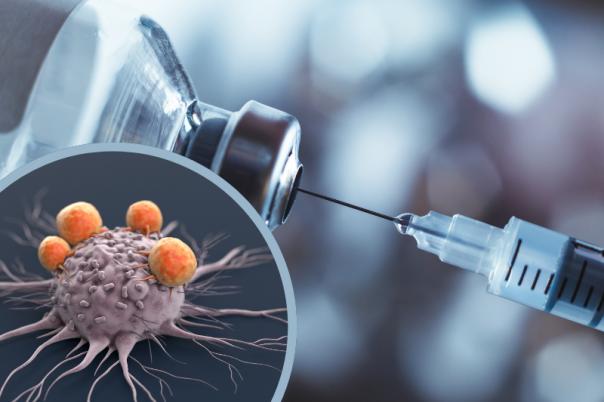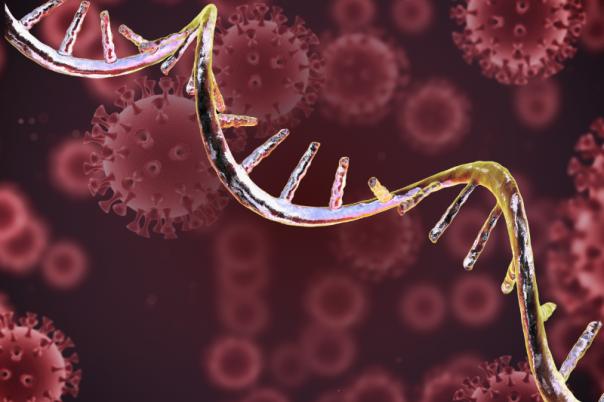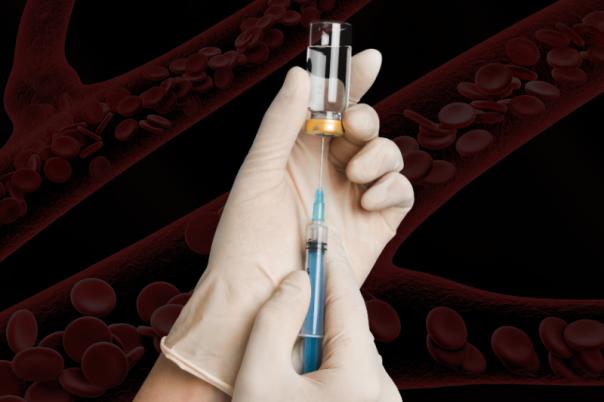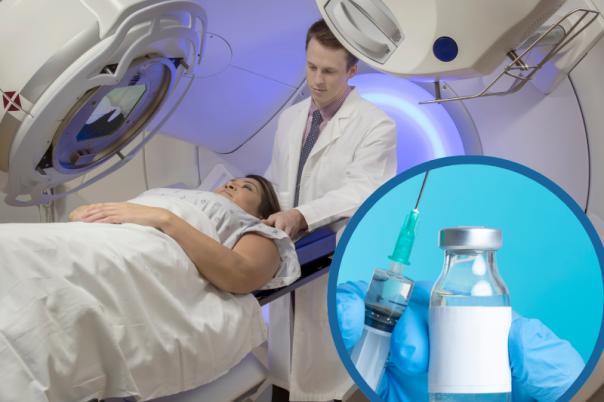Tomasz Witkos, Associate Director at AstraZeneca, delivered a presentation on the life cycle of potency assays, focusing on biologics and RNA therapeutics. He began by acknowledging his team at AstraZeneca in Cambridge and other cross-functional teams who contributed to the work both conceptually and experimentally.
Witkos explained that biologics undergo complex biopharmaceutical processes, resulting in critical quality attributes and heterogeneity. Potency testing was essential for enabling clinical studies and meeting regulatory requirements. He highlighted the FDA's classification of peptides and RNA products, noting that large RNAs, sourced biologically or synthesised within living cells, required potency testing.
The development of potency assays started in the late preclinical phase and informed various CMC activities, including manufacturing processes and commercial applications. Witkos emphasised the importance of defining potency assays, which had predefined acceptance criteria and were part of the official control strategy. These assays measured biological activity linked to relevant biological properties and were used for lot release, stability testing, and comparability purposes.
He distinguished between potency assays and characterisation assays, the latter being for information only and not requiring GMP space. Characterisation assays supported extended testing, such as illustrating structure studies for comparability purposes. Witkos introduced the concept of "non-biologic biologics," substances not officially classified as biologics but requiring drug delivery systems or modifications to exert biological activity.
The presentation then shifted to RNA products, particularly mRNA LNP vaccines. Witkos explained that naked RNA lacked a delivery system and required encapsulation within lipid nanoparticles to exert biological activity. He described AstraZeneca's cell-based method for delivering RNA to cells using transfection reagents, testing translatability to optimise protein expression.
Witkos outlined a phased approach to developing potency assays, starting with simpler assays for early clinical support and evolving to more complex assays as development progressed. He discussed challenges in achieving stable dose-response relationships in potency assays, particularly with mRNA LNP projects. Despite these challenges, Witkos concluded that it was possible to develop robust potency methods with industry-standard validation.






